Lumami: Scientists at Nagaland University have developed a flexible supercapacitor capable of powering wearable electronics, electric vehicles (EVs) and renewable energy systems, marking a breakthrough in energy storage technology.
The research was led by Dr Vijeth H, Assistant Professor, Department of Physics, along with research scholar Pewe-u Marhu. Their findings have been published in RSC Advances.
The study is the first to compare tungsten, vanadium and cobalt doping in molybdenum diselenide for energy storage. Moving beyond lab-scale experiments, the researchers built a working prototype, demonstrating its practical viability.
Applications of the supercapacitor include health-monitoring devices, IoT gadgets, robotics and electric vehicles, where it could enhance regenerative braking, provide rapid acceleration and extend battery life.
Dr Vijeth said, “This device combines flexibility, high energy storage, and durability. Cobalt doping proved most effective. Using an eco-friendly hydrothermal synthesis, the process is scalable for industrial use.”
Pewe-u Marhu added that future work will focus on optimising the electrode–electrolyte interface, introducing solid-state gel electrolytes and scaling up production through industry collaborations.
Developed at the Advanced Materials for Device Applications (AMDA) Laboratory at the Nagaland University’s Lumami campus, this device uses cobalt-doped molybdenum diselenide (Co@MoSe₂), delivering an energy density of 34.54 W h kg⁻¹. The composition remains stable over 10,000 charge-discharge cycles and retains performance even after repeated bending and twisting.
The research was supported by advanced characterisation from IISc Bangalore through the INUP program and funded by the Anusandhan National Research Foundation.
With rising demand for wearables, electric mobility and renewable energy, this flexible supercapacitor represents a significant step toward efficient, durable, and scalable energy storage solutions.
This innovation is expected to reduce India’s dependence on imported batteries while supporting clean energy and Atmanirbhar Bharat goals. With rising demand for wearables, electric mobility and renewable energy, this flexible supercapacitor represents a significant step toward efficient, durable and scalable energy storage solutions.









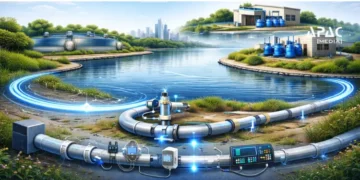
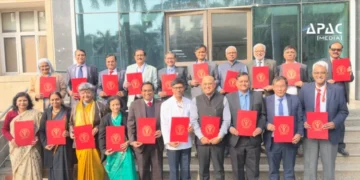







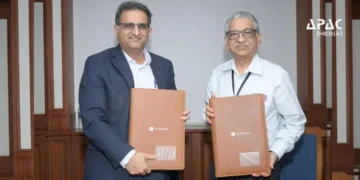







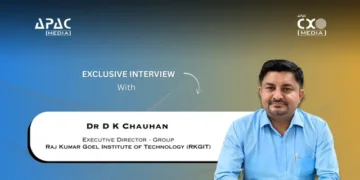













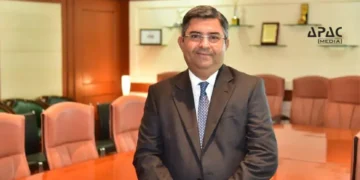






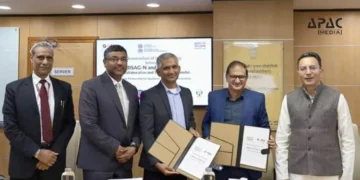





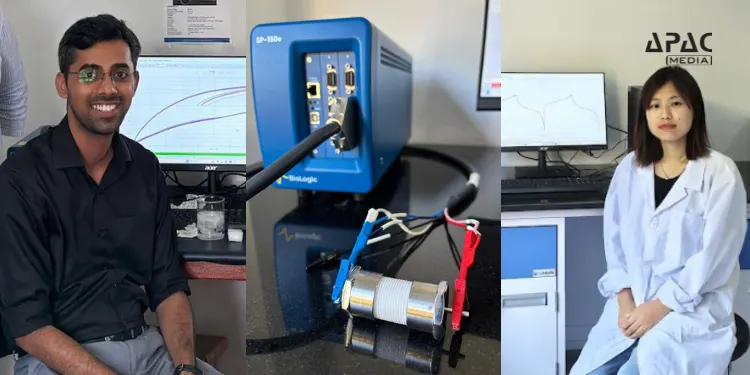













Discussion about this post